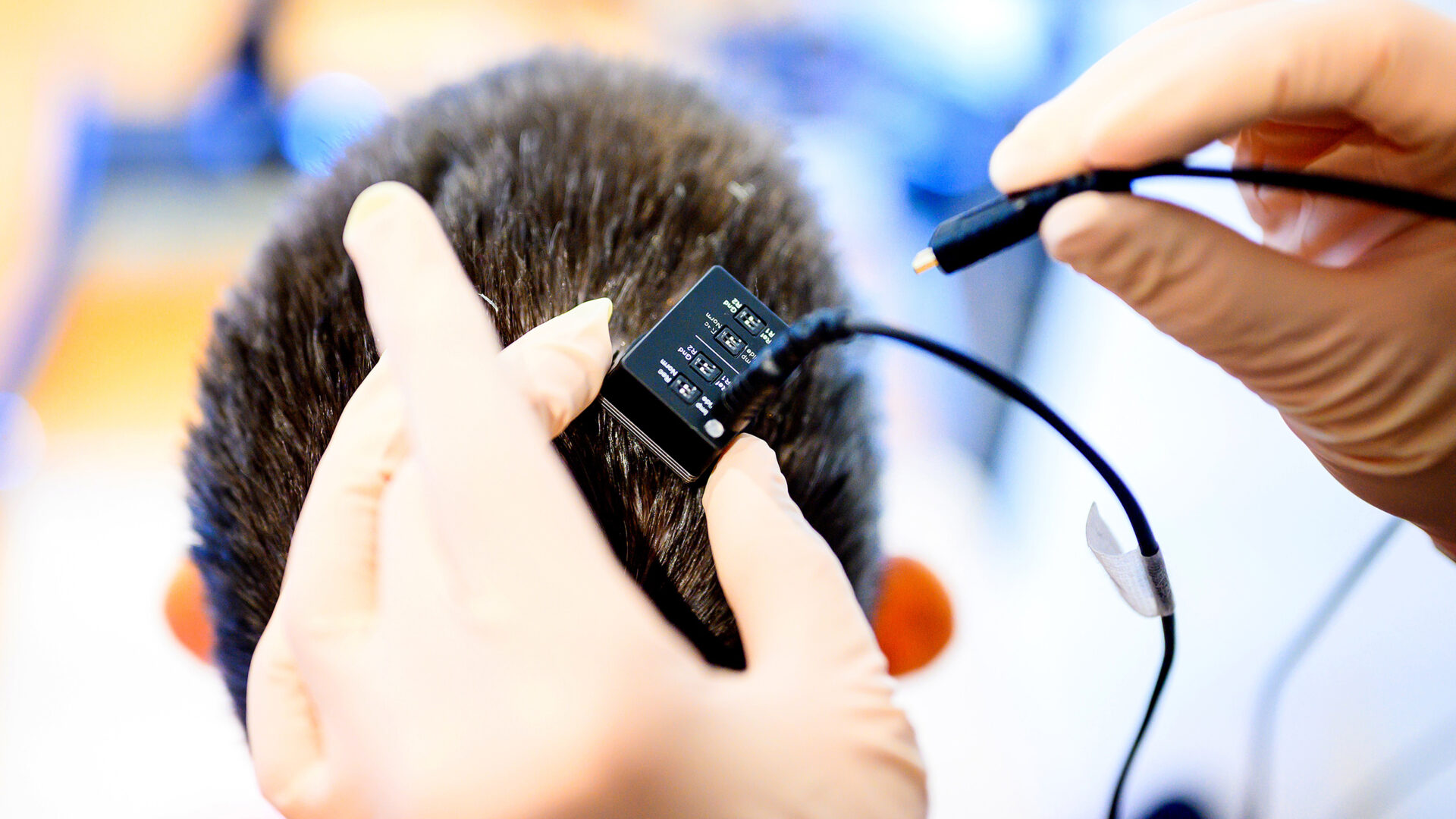Hydration and Blood Sugar: Essential Foods for Diabetics

Staying hydrated is vital for everyone, but it takes on an added significance for individuals managing type 2 diabetes. Not only is proper hydration crucial for overall health, but it also plays a significant role in controlling blood sugar levels. Dietitians emphasize that dehydration can exacerbate the effects of diabetes by leading to increased urination, which can further reduce fluid levels in the body. Moreover, hydration is crucial for optimal kidney function. The kidneys are responsible for filtering excess sugars from the bloodstream, and dehydration can place additional strain on these vital organs.
Fortunately, certain foods rich in water can serve as delicious allies in maintaining hydration. Nutrition experts recommend incorporating these fluid-dense options into your daily diet. Heres a closer look at some of the most hydrating foods that are also friendly to blood sugar levels.
1. Cucumbers
One cup of sliced cucumbers contains approximately 3.3 ounces of water and is composed of about 95% water. This makes cucumbers an excellent choice for hydration without the added sugars or calories found in many drinks. With just 4 grams of carbohydrates per cup, they are also well-suited for blood sugar management. The fiber provided by the cucumber skin can help prevent rapid spikes in glucose levels, according to Johannah Katz, a registered dietitian based in Orlando.
Cucumbers can be enjoyed in various wayswhether tossed in salads, blended into smoothies or soups, or simply consumed as crunchy snacks. Their versatility makes them a nutrient-rich addition to your meals, helping to boost hydration effortlessly.
2. Okra
Although okra might not be found in everyones kitchen, its benefits are worth considering. This vegetable is composed of around 93% water and contains 4 grams of fiber per cooked cup, which plays a significant role in stabilizing blood sugar levels. Adaure Nosiri, a registered dietitian in Atlanta, explains that okras gel-like soluble fiber slows down sugar absorption, making it a great option for those monitoring their blood sugar. Additionally, it is rich in antioxidants, including flavonoids and polyphenols, which are known to reduce inflammation and improve glucose metabolism.
With just 7 grams of carbohydrates in a cup of cooked okra, it fits seamlessly into a balanced meal plan. It can be roasted, steamed, or added to soups. For those looking to experiment with this vegetable, a dish like Black Eyed Peas & Okra could be a delightful and diabetes-friendly choice.
3. Apples
A medium apple contains about 5.2 ounces of water and is made up of approximately 85% water. Apples are high in fiber, boasting about 4 grams per fruit, which aids in slow sugar absorption. Stephanie Deming, a registered dietitian and nutritionist, notes that the fiber in apples is particularly effective in managing blood sugar levels, making them a smart snack choice.
Research indicates that consuming an apple before a high-carb meal can help reduce blood sugar spikes. This makes apples not only a satisfying snack but also a smart addition to meals. Pairing an apple with nut butter can add healthy fats and protein, further enhancing its satiety. For dinner, consider trying recipes like Apple Cider Chicken, which is both diabetes-friendly and quick to prepare.
4. Grapefruit
This citrus fruit is composed of 90% water, making it an excellent option for hydration. A half grapefruit provides about 3.6 ounces of water and is also a good source of potassium, an essential electrolyte important for maintaining fluid balance in the body. Jamie Adams, a registered dietitian specializing in women's health, elaborates that grapefruits fiber content helps regulate sugar absorption, providing a steady release of energy.
Enjoy grapefruit as a snack, toss it into salads, or blend it into smoothies for a refreshing twist. Its tangy flavor can enhance many dishes while contributing positively to hydration and blood sugar control.
5. Watermelon
Watermelon is aptly named for its high water content, being about 91% water. One cup of diced watermelon contains about 4.6 ounces of water and only 9 grams of sugar, making it an excellent option for those concerned about their blood sugar. This fruit is not only hydrating but also contains citrulline, an amino acid that may support better blood flow and has potential benefits for insulin resistance.
Watermelon is naturally sweet and refreshing, perfect for hot days. For added benefits, try pairing it with nuts or cheese to balance its carbohydrates. A salad combining watermelon, cucumber, and feta can also create a delightful, hydrating side dish.
6. Plain Greek Yogurt
A single 5.6-ounce container of nonfat plain Greek yogurt contains about 4.4 ounces of water and is a fantastic source of protein while being low in carbohydrates. Mary Ellen Phipps, a registered dietitian and cookbook author, highlights that unsweetened Greek yogurt is not only hydrating but also helps manage blood sugar levels due to its protein content, which slows digestion.
Additionally, Greek yogurt contains probiotics, which are beneficial for gut health and have been linked to better blood sugar management. For a refreshing snack, top Greek yogurt with fresh berries or a sprinkle of cinnamon, and consider trying to make your own yogurt at home if you enjoy cooking.
The Bottom Line
Maintaining proper hydration while managing blood sugar levels is essential for overall health, particularly for those living with type 2 diabetes. By incorporating hydrating foods like cucumbers, okra, apples, grapefruit, watermelon, and plain Greek yogurt into your diet, you can effectively quench your thirst while simultaneously supporting blood sugar regulation. Its a delicious way to achieve two important health goals simultaneously, resulting in a win-win situation for your health!




















